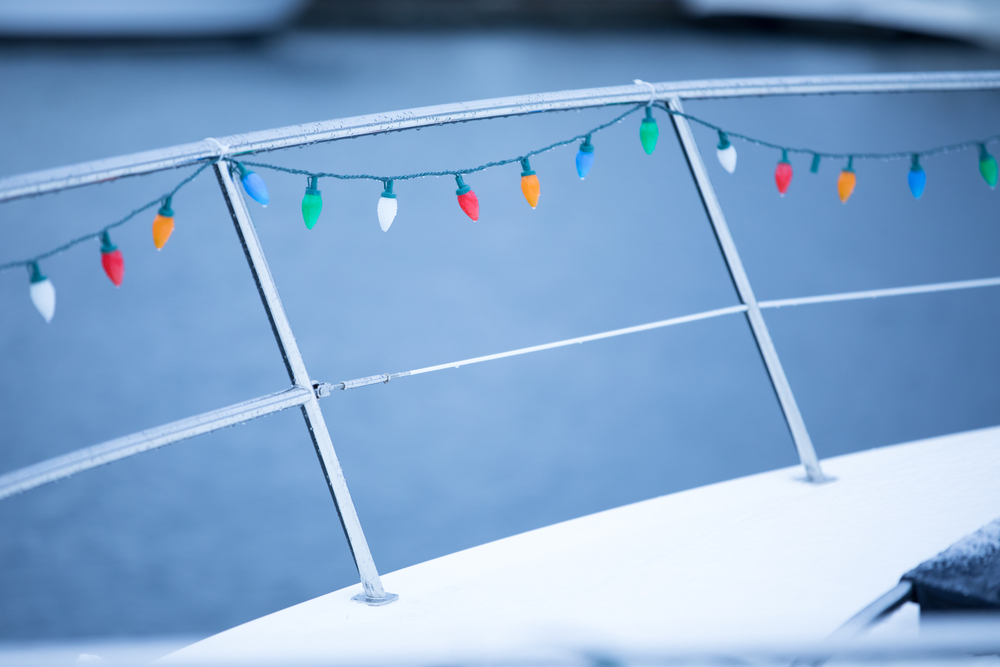Water-based activities peak during the Christmas holiday period, and unfortunately, so do accidents. While a boating trip is a fantastic way to celebrate the festive season, it is important to always make marine safety a priority. Here are SOME boating safety tips to get you started. Before you take to the water familiarise yourself with marine safety regulations and safety equipment requirements so your Christmas holiday doesn’t end in tragedy.
Collisions
Human error is the most common cause of boating accidents and collisions. To avoid colliding with another boat or other object, you should always be alert. Maintain safe speeds and watch out for clusters of objects or anything hidden below the waterline that can cause your boat to capsize. Always maintain a distance of at least 15 metres from other boats, swimmers, docks (and the shore) unless your boat is idle.
Carbon Monoxide
While rare, incidents of carbon monoxide poisoning during boating trips are not unheard of. You can’t see carbon monoxide, so extra vigilance must be observed. To prevent CO poisoning, it is recommended that you install marine-grade carbon monoxide detector in your boat. The detector should be replaced every five years to ensure that it is working properly.
Drowning
Drowning can be avoided by wearing a life jacket. However, deaths and injuries can still occur when people are wearing a life jacket. You should keep flares in your boat and equip your boat with reliable lighting equipment so you can easily locate and rescue members of your boating party in the event someone goes overboard.
Alcohol
Alcohol is one of the biggest contributing factors in most boating accidents. Therefore, ensure that you must never operate a boat while under the influence of alcohol. If you plan on taking your family on a boating trip this holiday season, make safety your priority. By taking the necessary precautionary measures, you can ensure a fun and safe boating experience for everyone.
Sussex Marine is passionate about marine safety and encourages everyone participating in water-based activities to make safety a priority.


